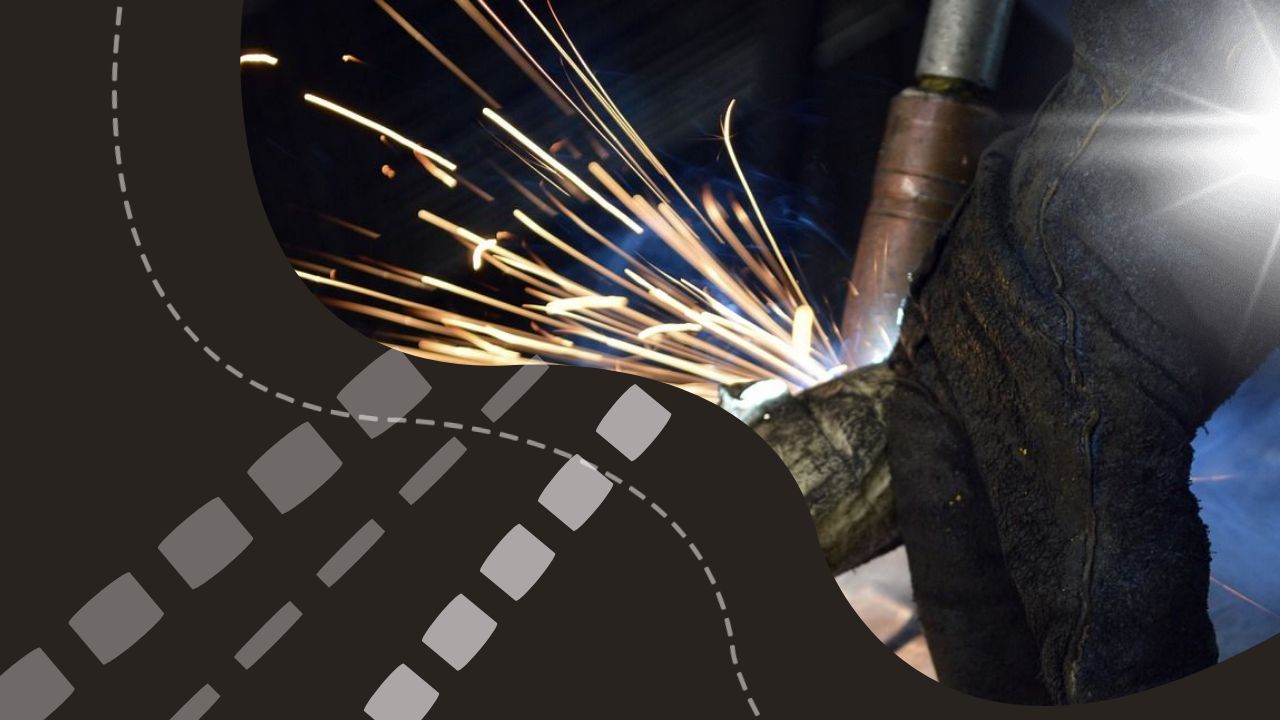The government has selected designs from six companies for the development of the next generation of mini nuclear reactors. EDF, GE-Hitachi Nuclear Energy International LLC, Holtec Britain Limited, NuScale Power, Rolls Royce, and Westinghouse Electric Company UK Limited have been chosen to proceed to the next phase of the Small Modular Reactor (SMR) competition. This initiative is part of the government’s plan to derive up to a quarter of the UK’s electricity from nuclear power by 2050.
SMRs, being smaller in size compared to conventional nuclear reactors, can be manufactured in factories, resulting in faster and more cost-effective construction. The government and Great British Nuclear have deemed these selected designs as the most capable of delivering operational SMRs by the mid-2030s.
In the upcoming stage, the companies will have the opportunity to bid for government contracts. Successful bids from the six companies will proceed to the contract award stage in the summer of next year.
Claire Coutinho, the Energy Security Secretary, emphasized the benefits of Small Modular Reactors in rapidly expanding nuclear power in the UK. She highlighted that SMRs will contribute to delivering cheaper, cleaner, and more secure energy for both households and businesses, while also creating well-paid, high-skilled jobs and fostering economic growth. This competition has attracted designs from around the world, positioning the UK at the forefront of the global race in developing this cutting-edge technology and solidifying its status as a leader in nuclear innovation.
Gwen Parry-Jones, the CEO of Great British Nuclear, expressed the significance of this announcement in advancing the government’s objective of bolstering nuclear power in the country. The priority throughout this process has been to prioritize reliable and sustainable power supply to the grid at an early stage. Therefore, the initial focus was on technologies that were deemed most likely to achieve a final investment decision by 2029. The selected companies can now prepare for the subsequent stages of the competition, with the aim of reaching a final contract agreement in the summer. They may potentially benefit from significant support from public funds.
Through these advancements, the UK is taking significant strides towards realizing its nuclear power goals, ensuring a reliable and sustainable energy future.

